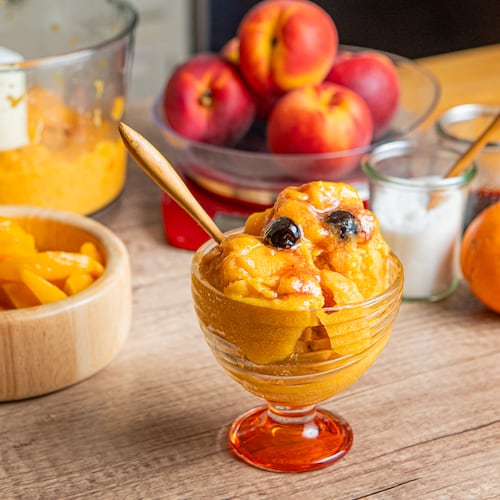Cranky is a condition best met with afternoon tea. That’s why the tradition was devised. So when our team of travelers got testy, we split up; the boys stomped one way, the girls to tea.
When my girl was little, we used to take tea at The Drake in Chicago. We steeped in the fancy fantasy — the harp music, the tiny sandwiches, the massive urns of flowers. Once, when her place-setting lacked a knife, the waiter rushed her a replacement. No scone should forgo cream and jam. Back home, at the bottom of a shopping bag, we found a knife, all silver curlicues and blunt buttering edge. For years it lounged in the cutlery drawer, reminder of tea-stained afternoons. Eventually we returned it.
So when we met up in London, we couldn’t forgo tea. My little girl is now a big girl. We ordered Champagne, we admired the tiny sandwiches and tall scones. She told me about her studies, her travels, her friends. She told me about her adventures, her ideas, her plans. For three bubbly hours, I did nothing but smile. No need to slide a memento off the linen; that tea soaked in, deep and indelible.
Classic scones
Prep: 15 minutes
Bake: 10 minutes
Makes: About 10 2-inch scones
1 3/4 cup flour (plus more for shaping and cutting)
2 Tbsp. sugar
1 Tbsp. baking powder
1/2 tsp. baking soda
1/4 tsp. salt
1/2 stick (4 tablespoons) unsalted butter, cut up
1/2 cup buttermilk
1/4 cup heavy cream
Rub: Tip the flour into a mixing bowl; whisk in the sugar, baking powder, soda and salt. Shoot in the butter, then rub together with your fingers to make a reasonably fine crumbed mixture, lifting to aerate the mixture as you go. Try not to overrub, as the mixture will be lighter if it’s a little bit flaky.
Mix: Measure the buttermilk, then mix in the cream to slacken it. Make a bit of a well in the middle of the flour mixture with a soft spatula, then pour in most of this buttermilk mixture, holding a little bit back in case it’s not needed. Using the spatula, gently work the mixture together until it forms a soft, almost sticky, dough. Work in any loose dry bits of mixture with the rest of the buttermilk. Don’t overwork at this point or you will toughen the dough.
Knead: Lift the ball of soft dough out of the bowl and put it on to a very lightly floured surface. Knead the mixture just 3-4 times to get rid of the cracks.
Cut: Pat the dough gently with your hands to a thickness of 1 inch. Dip a 2-inch round fluted cutter into a bowl of flour; cut out the scones by pushing cutter down quickly and firmly into the dough with the palm of your hand — don’t twist it. You will hear the dough give a big sigh as the cutter goes in. Gather the trimmings lightly; pat and cut out a couple more scones (these last won’t be as pretty).
Bake: Set scones on a parchment-lined baking sheet. Bake at 400 degrees until risen and golden, 10-12 minutes. Cool on a wire rack, uncovered if you prefer crisp tops, or covered loosely with a cloth for soft ones.
Serve: Enjoy warm with strawberry jam and a generous mound of clotted cream. Cornish people put jam first, then cream, Devonians the other way round. Americans are permitted to substitute whipped cream or creme fraiche.
Provenance: Adapted in all its Briticism, from BBC Food.
About the Author
The Latest
Featured

